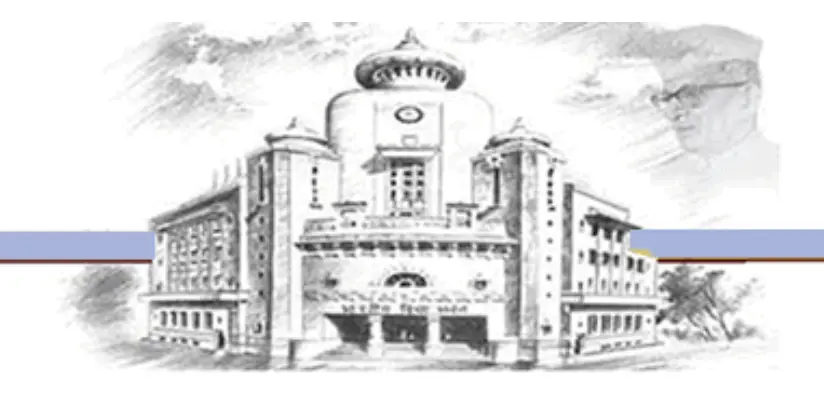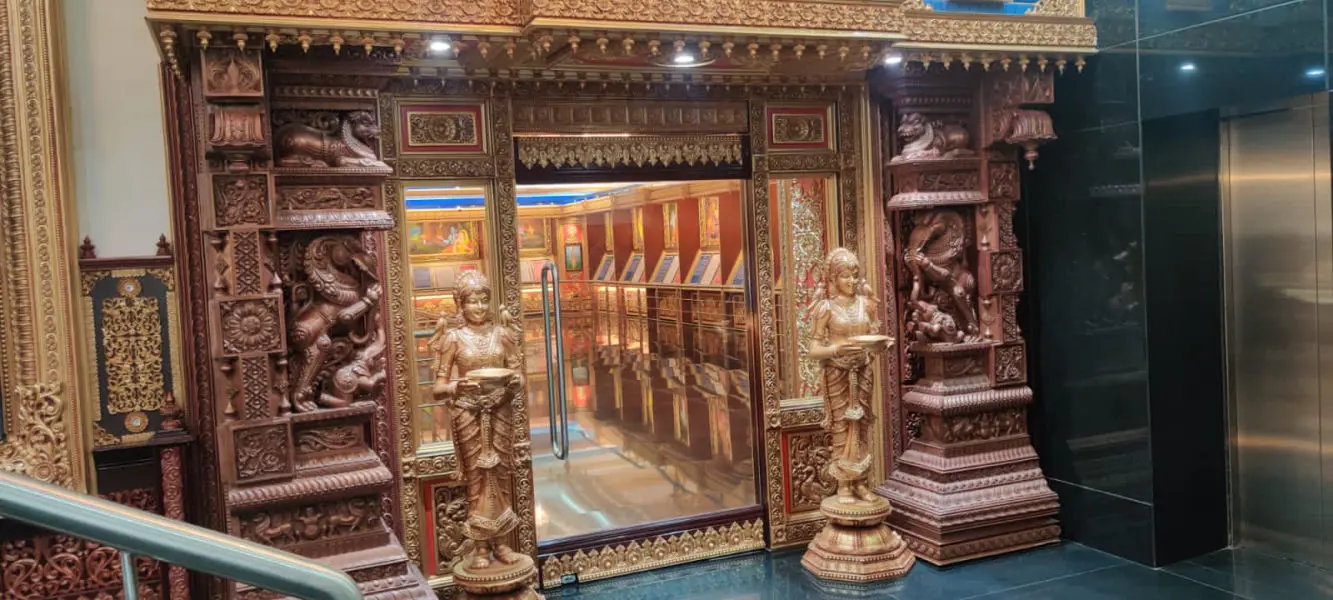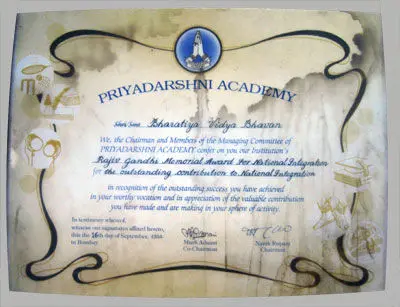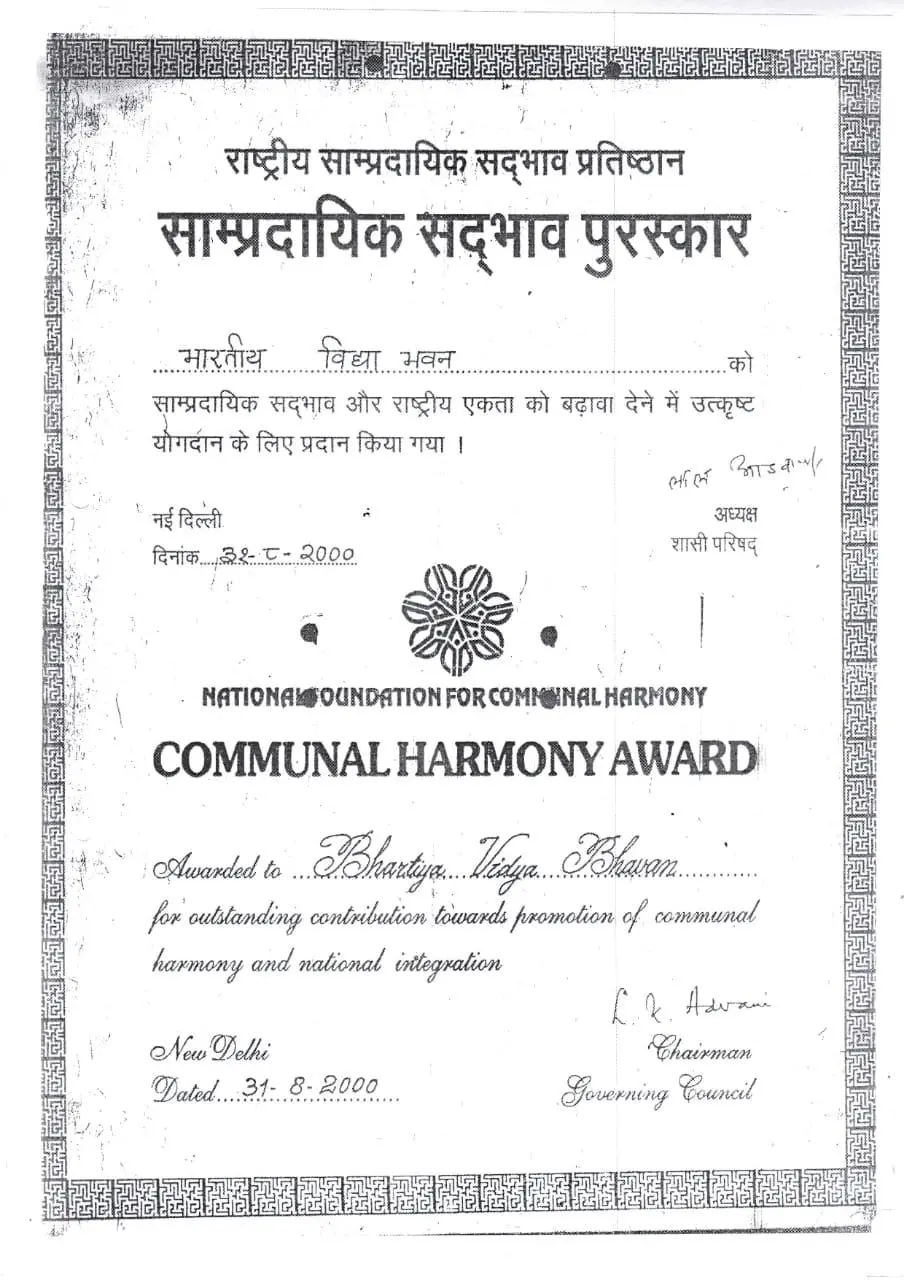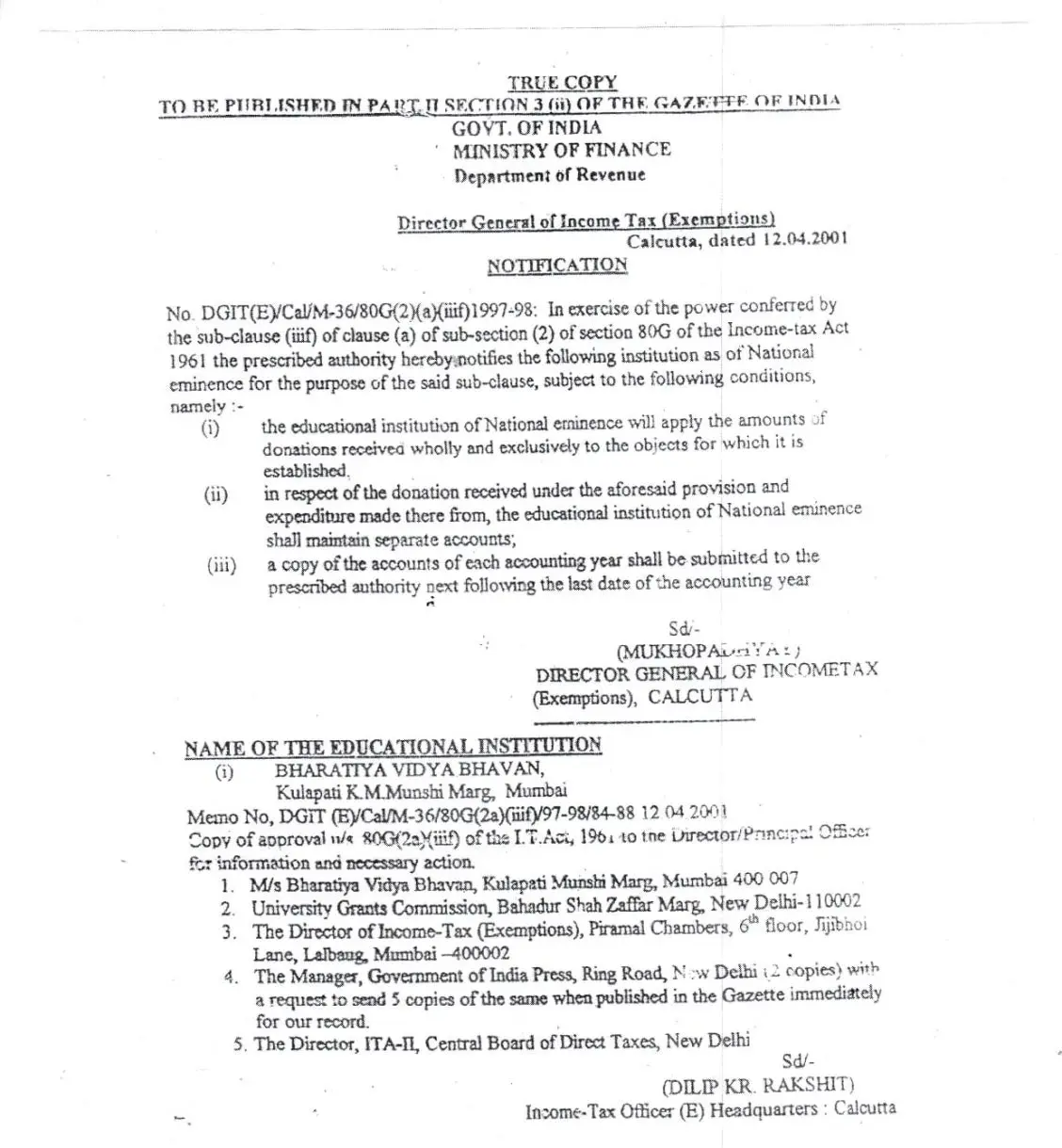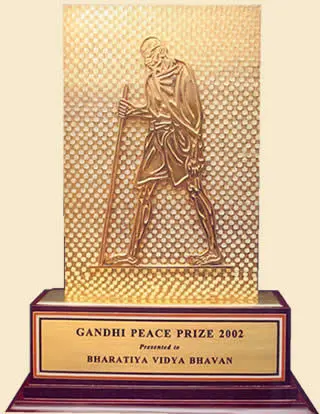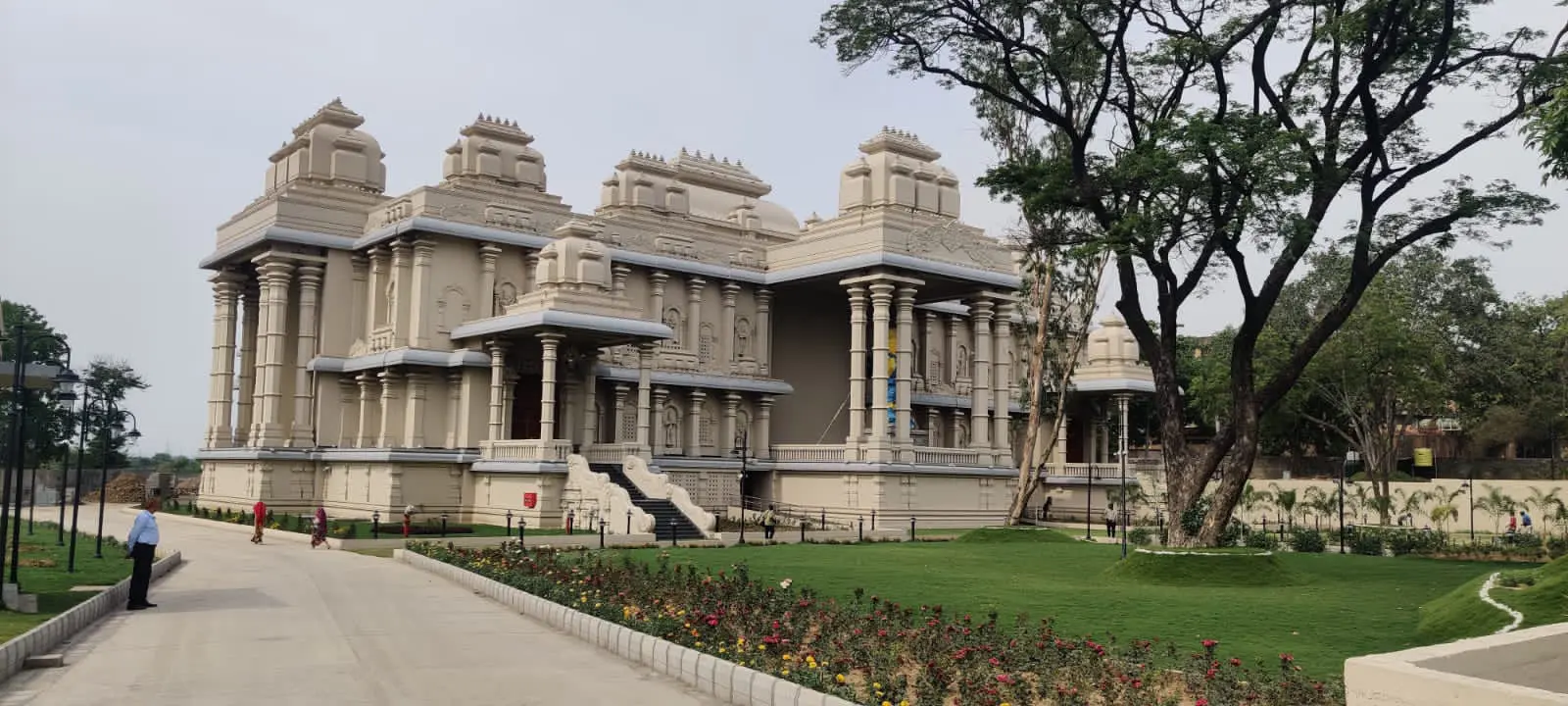
Bharatiya Vidya Bhavan’s Sanskritik Kendra
Welcome to the official website of Bharatiya Vidya Bhavan's Sanskritik Kendra in Nagpur! We are proud to present a cultural center that aims to enrich the future generations of India. Our Sanskritik Kendra at Koradi is a magnificent structure spanning two floors, each covering an area of 14,760 sq. ft.
The first floor houses the remarkable "Ramayana Darshanam Hall," a unique exhibition complex where the entire story of Lord Rama is narrated through captivating murals and oil paintings. This hall showcases 120 magnificent paintings portraying significant episodes from the Ramayana, from the birth of Sri Rama to his glorious coronation. Accompanying these masterpieces are informative write-ups in English, Hindi, and Marathi, ensuring a comprehensive understanding of the epic tale.
On the second floor, we present the "Bharata Mata Sadanam," a tribute to our valiant freedom fighters and defense personnel, designed to instill a deep sense of patriotism. Within this hall, you will find a bronze statue of Bharata Mata, along with 115 paintings depicting the heroic struggles of freedom fighters from 1857 to 1947. Additionally, we proudly showcase 21 Paramvir Chakra Awardees and 14 paintings that vividly depict various pivotal events from India's freedom struggle, each accompanied by explanatory write-ups.
At Bharatiya Vidya Bhavan's Sanskritik Kendra, we invite you to immerse yourself in the rich cultural heritage of India. Explore the depths of the Ramayana and witness the bravery and sacrifices of our freedom fighters. Join us in our mission to inspire and educate generations to come, fostering a deep love for our country and its glorious past.
